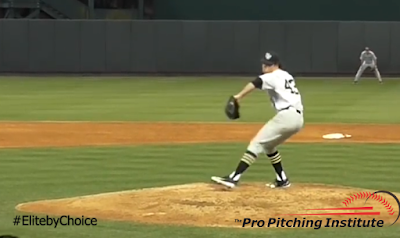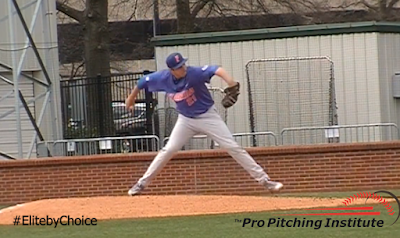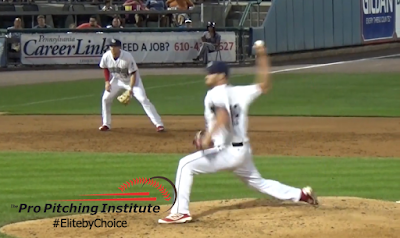Swinging Weight Scenario
What happens when you swing a weight on a string? Put a weight on the end of string, hold the string in your hands and move your hand in a circle.
The weight makes a circular movement around your hand that’s determined by your hand angle. When you goal is to bring the weight through the same spot on every swing, your challenge becomes finding and maintaining the correct hand angle.
Bull Whip Scenario
What happens when you crack of bull whip? You grip the bull whip handle, snap your hand down and up and your hand movement travels down the whip to create a loud snap.
When your hand snap is at the same angle, the bull whip crack occurs in the same spot.
Producing Command
Getting your hand to snap the bull whip handle at the same angle is much easier than maintaining the same hand angle as you swing a weight on a string around your hand.
- Bull Whip Scenario - By properly managing the gravitational forces impacting your movements, it’s very possible to teach you how to get your hip rotation to whip your throwing hand through the same tiny release window on every pitch.
- Swinging Weight Scenario - When you dismiss or ignore these gravitational forces, your arms rotate around your head and, consequently, your release window varies from one pitch to the next.
Conclusively, whipping your throwing hand through the same release window on every pitch is a teachable skill.
How do you manage gravity?
The Pro Pitching Institute teaches you how to take advantage of nature’s gravitational forces. No matter where you live, we skillfully use free Internet tools to teach you how to whip your throwing hand through a consistently tiny release window on every pitch.
Tell a friend! Have a friend whose release window changes from one pitch to the next? Make sure to tell them about the Pro Pitching Institute.
Skip Fast Freelance Professional Pitching Coach E-Mail: skip@propitchinginstitute.com Cell or Text: 856-281-2596
#ElitebyChoice
Copyright © 2019






